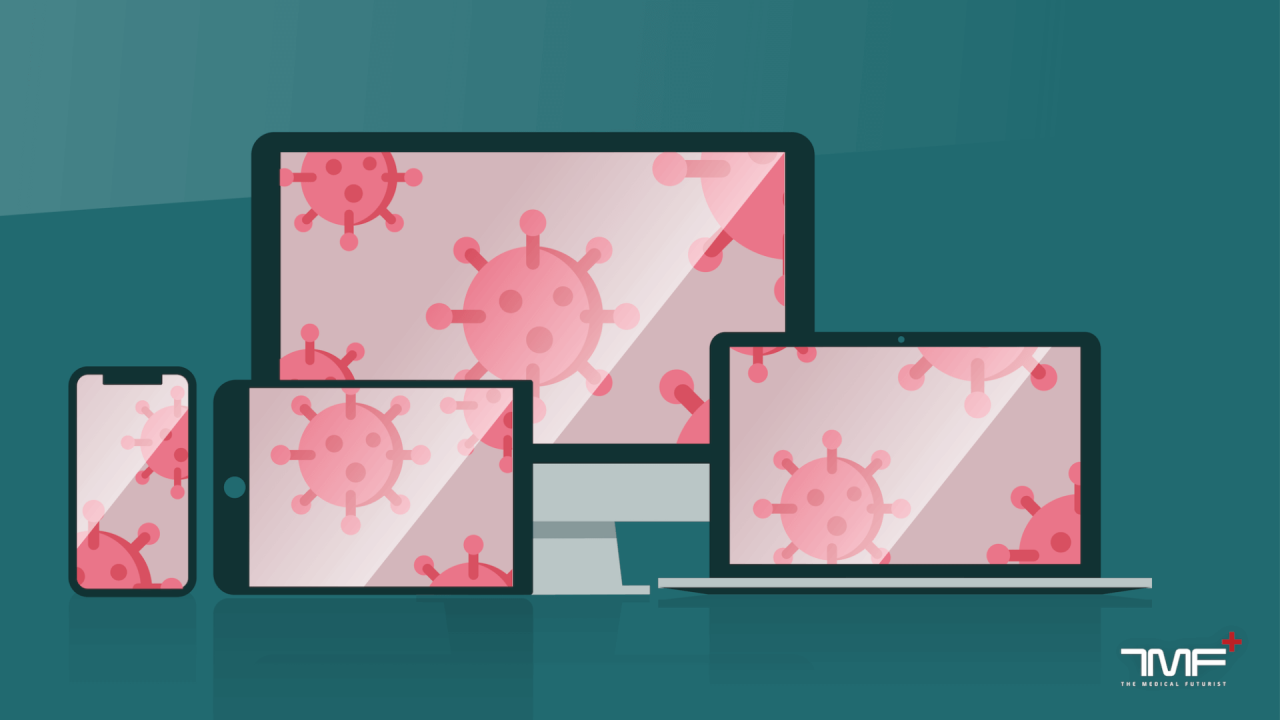By Joyce Mukucha
As International Women’s Day (IWD) is just around the corner at a time when the world is grappling with the Covid-19 pandemic, UN Women has highlighted the need to uphold women’s rights and fully leverage the potential of their leadership to the disease preparedness and response.
This comes after the realisation that despite women making up a majority of front-line workers, there is disproportionate and inadequate representation of women in national and global COVID-19 policy spaces.
The organisation emphasised that the perspectives of women and girls in all of their diversity must be integrated in the formulation and implementation of policies and programmes in all spheres and at all stages of pandemic response and recovery.
The IWD 2021 theme is “Women in leadership: Achieving an equal future in a COVID-19 world.”
In line with the theme, UN Women said,”The theme celebrates the tremendous efforts by women and girls around the world in shaping a more equal future and recovery from the COVID-19 pandemic.”
This year’s theme is also aligned with the priority theme of the 65th session of the Commission on the Status of Women (CSW), “Women’s full and effective participation and decision-making in public life, as well as the elimination of violence, for achieving gender equality and the empowerment of all women and girls.”
UN Women indicated that 2021 IWD and the CSW themes are also linked to the flagship Generation Equality campaign, which calls for women’s right to decision-making in all areas of life.
The theme is aligned with the priority theme of the 65th session of the Commission on the Status of Women and the flagship Generation Equality campaign, which calls for women’s right to decision-making in all areas of life, equal pay, equal sharing of unpaid care and domestic work, an end all forms of violence against women and girls, and health-care services that respond to their needs.
UN Women noted that women stand at the front lines of the COVID-19 crisis as health care workers, caregivers, innovators, community organizers, and as some of the most exemplary and effective national leaders in combating the pandemic.
“The crisis has highlighted both the centrality of their contributions and the disproportionate burdens that women carry. Women leaders and women’s organizations have demonstrated their skills, knowledge and networks to effectively lead in COVID-19 response and recovery efforts,” said UN Women.
The organisation appreciated the fact that today there is more acceptance than ever before that women bring different experiences, perspectives, and skills to the table, and make irreplaceable contributions to decisions, policies, and laws that work better for all but at the same bemoaned that women leaders in government spaces were only prevalent in few nations.
“Majority of the countries that have been more successful in stemming the tide of the COVID-19 pandemic and responding to its health and broader socio-economic impacts, are headed by women.
“For instance, Heads of Government in Denmark, Ethiopia, Finland, Germany, Iceland, New Zealand and Slovakia have been widely recognized for the rapidity, decisiveness and effectiveness of their national response to COVID-19, as well as the compassionate communication of fact-based public health information. Yet, women are Heads of State and Government in only 20 countries worldwide.
“Despite women making up a majority of front-line workers, there is disproportionate and inadequate representation of women in national and global COVID-19 policy spaces.”
In addition to persistent pre-existing social and systemic barriers to women’s participation and leadership, UN Women pointed out, new barriers have emerged with the COVID-19 pandemic.
“Across the world women are facing increased domestic violence, unpaid care duties, unemployment, and poverty.”






